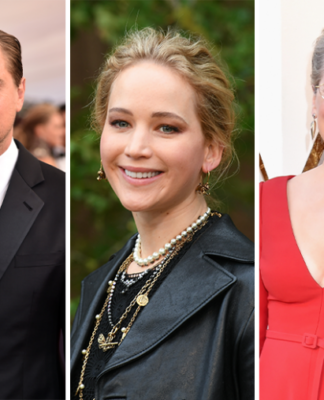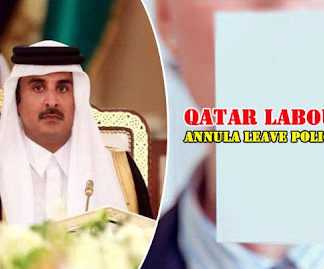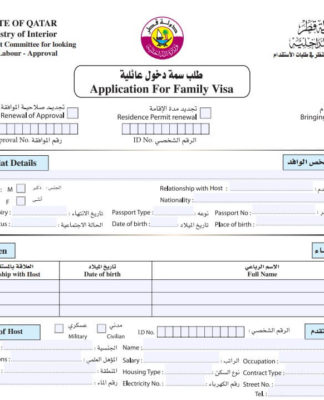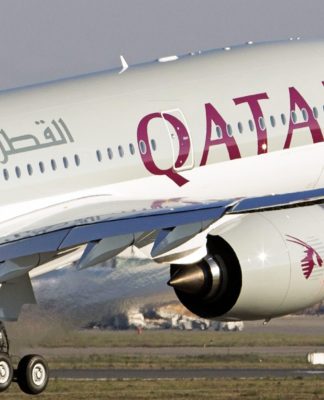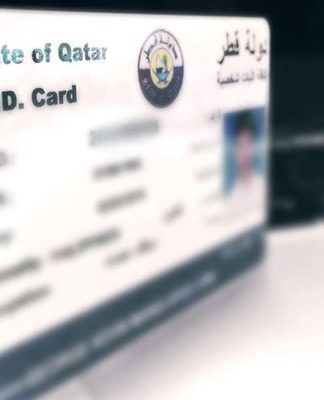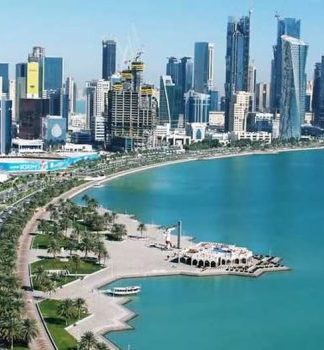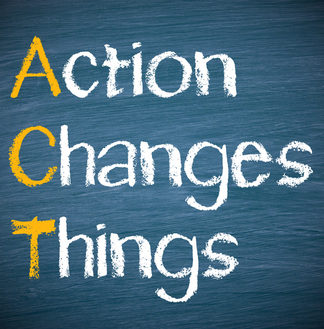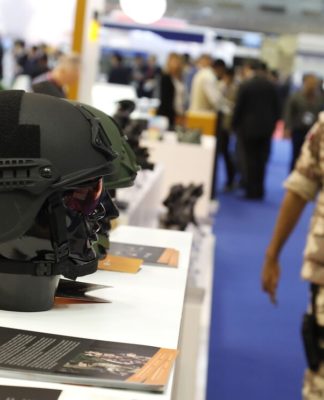Afghanistan, Sahel, Iraq: Already on the campaign trail, Macron seeks to boost his global image
Issued on:

French President Emmanuel Macron was in Iraq over the weekend seeking to bolster his global credentials ahead of his 2022 bid for re-election and, notably, drawing a contrast between US policies and those of France. According to Christian Lequesne, a specialist in French foreign policy, Macron is adhering to de Gaulle’s philosophy of preserving French autonomy in relation to the United States.
As America comes under fire because of events in Afghanistan since the return of the Taliban to power, Macron was keen to underscore the differences between France’s foreign policies and those of the United States. On a weekend visit to Iraq, Macron unveiled his strategies in some of the most troubled areas of the world, notably in the Sahel and the Middle East.
Christian Lequesne, a professor at Sciences-Po university in Paris and a specialist in French foreign policy, explains what is behind Macron’s latest diplomatic moves.
Macron has been very active on the diplomatic front in recent days, taking vocal positions on Afghanistan, Iraq and the Sahel. How do you see the stances he’s taken, such as keeping French forces in Iraq? Do they have marked differences with the US approach?
When he went to Iraq, Macron sought to reaffirm the principles of his foreign policies, to mark the continuing presence of France and to show that France still has a role to play in the Middle East, a role that differs from that of the United States.
This stance is in line with the thinking of Charles de Gaulle: the idea that, within the Western alliance, France must maintain its autonomy in relation to the United States. I think that Macron is particularly keen on this; France also hopes to persuade other European countries to adopt this idea of European autonomy. But with the arrival of Joe Biden in the White House, many Europeans have returned to the transatlantic relations of the past, where they assume the role of being junior partners to America. France has not been part of this shift.
Macron is right about the fact that one cannot rebuild a state from the outside or by applying Western ideals. Researchers working on the African continent, in particular, know perfectly well that there are multiple parameters and social conditions that make a state stable or not. We can’t change everything by simply imposing our Western model of democracy. That never works.
This was one of the fantasies of the American neo-conservatives. When the United States intervened in Iraq against Saddam Hussein in 2003, they said that they were going to promote a model of liberal democracy and create a beautiful democracy. The consequences of their failure can still be seen today.
Macron is also expected to address France’s presence in the Sahel. What diplomatic lessons should France draw from the failure of the Americans in Afghanistan?There is an ongoing debate on the effectiveness of fighting terrorism in a non-EU country.
The events in Afghanistan are certainly being observed very closely by the Quai d’Orsay (France’s foreign ministry). If there is a lesson to be learned from these events – and not only for Macron and French diplomats – it is to prepare better for the withdrawal of forces abroad than the Americans have done.
The big problem that the United States is facing is not the fact of leaving Afghanistan – which remains a political choice – but the manner of their withdrawal, and the failure to anticipate the rapid return of the Taliban across the country. There is certainly a valid debate to be had on the effectiveness of the fight against terrorism abroad. But we also know that, if we leave, there is every possibility that hostile forces will take power in the country concerned. This is exactly what is happening in Afghanistan.
For France, leaving Mali (where France launched military operations against encroaching jihadist rebels in 2013) obviously means taking the risk of giving a free hand to groups that are totally opposed to France’s interests and opposed to the evolution of greater transparency and respect for individuals in Malian politics. In this case, we find ourselves somewhat stuck, and we stay to ensure the status quo.
That is the dilemma of these types of interventions; it is very difficult to get concrete results. The only alternative is to maintain a military presence, which means engaging in very long and costly processes, financially and politically, as it has been for the Americans in Afghanistan. But let us not forget that when a head of state says that his forces will stay in a foreign country in the name of the fight against terrorism, as Macron said in Iraq, his speech is not only aimed at actors in the state in question, it is also aimed at bolstering public opinion back home.
After addressing the French in mid-summer to talk about his strategy in Afghanistan, Macron has once again refocused his emphasis on foreign policy. How should we interpret his actions?
I believe this is another example of the great continuity in the political practices of presidents of the Republic of France. In other words, there is a moment when diplomacy assumes an important role in their actions. We are nearing the end of Macron’s first term of office and we will soon enter another phase: his re-election campaign.
Opinion will probably be very divided, and we will have a lot of controversy surrounding the issues of foreign policy and terrorism. So Macron’s insistence on stating that France will contain terrorism through a form of foreign policy and maintaining presence on the ground is also a way of saying that he will guarantee the security of the French. He is already on his campaign trail.
One of the great errors of analysis that we can still see from time to time is to say that foreign policy does not count in the electoral process – this is not true. There is such an interdependence between the internal and the external that foreign policy does play a key role in the electorate’s perceptions of the various candidates.
This article has been translated from the original in French.

















